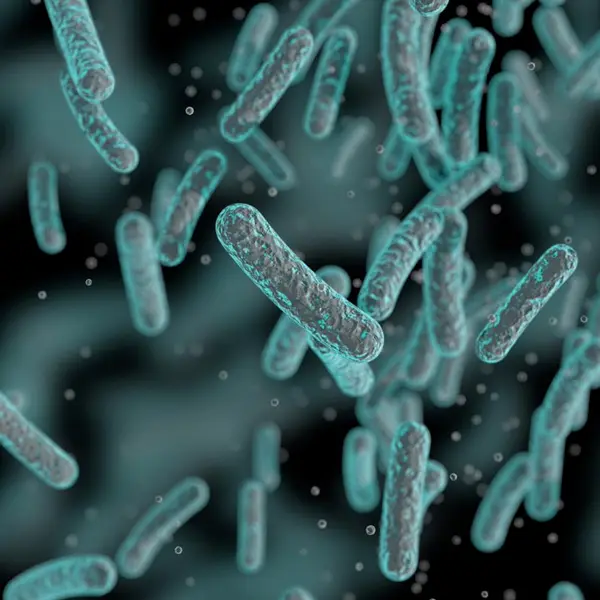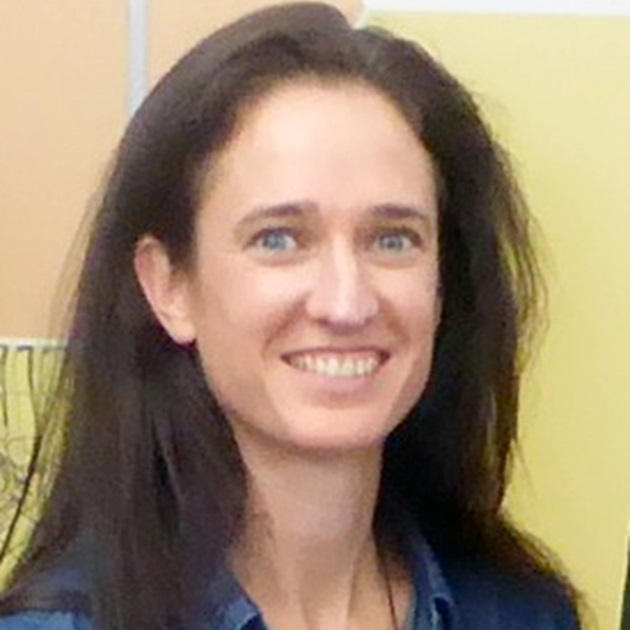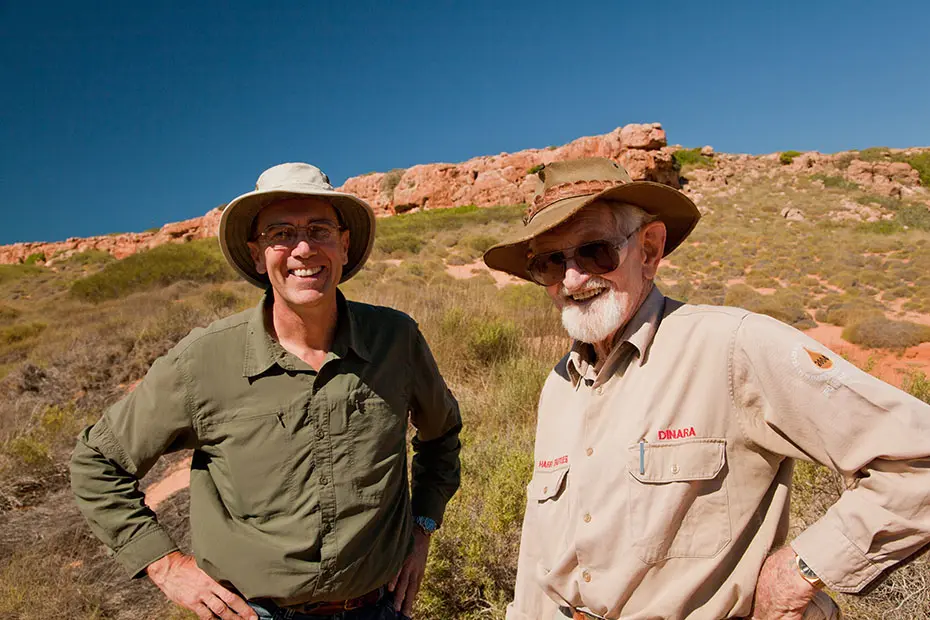The centre’s core research areas
We apply multi- and inter-disciplinary research to investigate and understand the health and biosecurity
challenges that threaten humans, animals, plants and their shared environment.
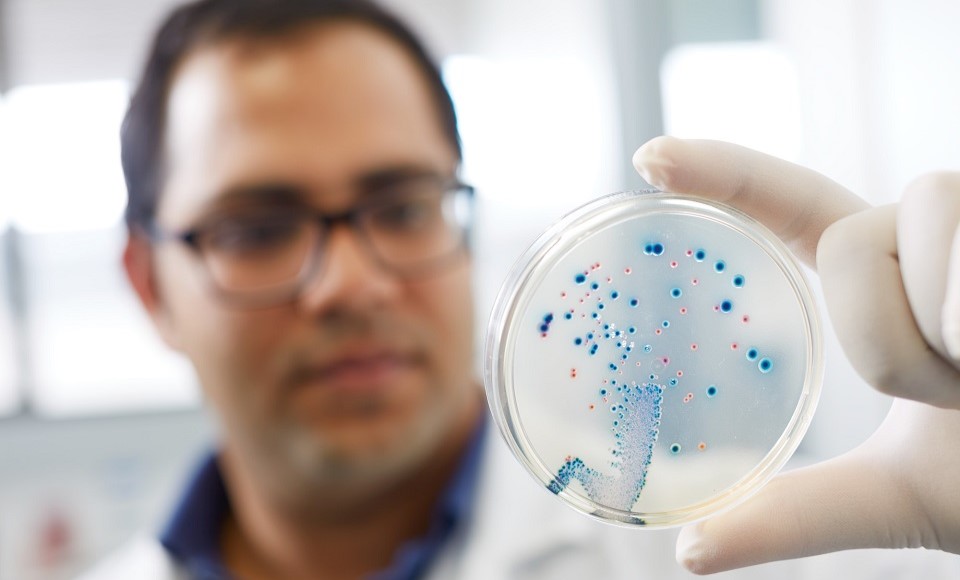
Antimicrobial Resistance
We undertake research that addresses the serious global issue of antimicrobial resistance using a range of methods including microbiology, epidemiology, surveillance, public health, policy, social sciences, marketing and communication.
Current projects involve research to support state and national surveillance programs, identification of new strains, evaluation of public awareness programs and postgraduate training.
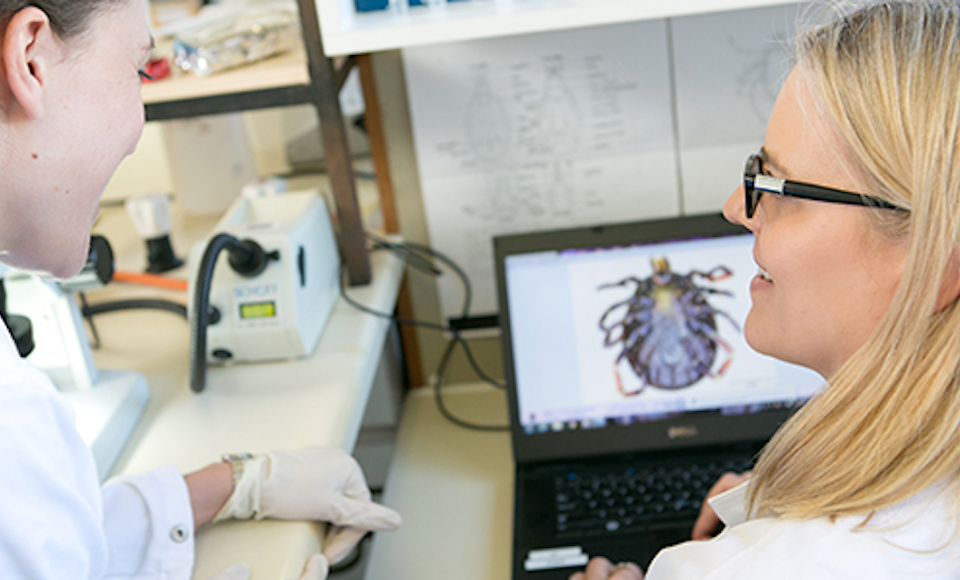
Environmental Biosecurity
We undertake research that aids understanding of current and potential biosecurity threats to natural ecosystems across marine, freshwater and land.
This includes the development of tools for early detection and socially acceptable rapid response, the identification of how new species arrive in new locations and delivering interventions to prevent new incursions.

Production Systems Biosecurity
Murdoch University has a long history of research on Production Systems Biosecurity, specifically on land, including livestock animal parasites and diseases, phytophthora science and management and post-harvest pest disinfestation for grains and horticulture commodities.
We continue to undertake research that enhances the growth and sustainability of production systems and supports the continued market access and protections for the Australian economy.

Social and Cultural Biosecurity
We undertake research that enhances our understanding of human health biosecurity risks associated with parasites and pathogens, aids understanding of the social and cultural attitudes towards biosecurity and enhances the value and capabilities of corporate and citizen science.
We also build the understanding of societal values at risk to enhance evidence-based decision-making and ensure legislation and policy balance competing interests across the biosecurity system.

Water and Vector Borne Pathogens
We study zoonotic pathogens that may transfer from wildlife, production or companion animals to humans, as well as waterborne pathogens that affect human health.
Current work focuses on a range of vector- and water-borne pathogens, wildlife infectious diseases, and enteric parasites. Lyme-like diseases are a feature of this research.
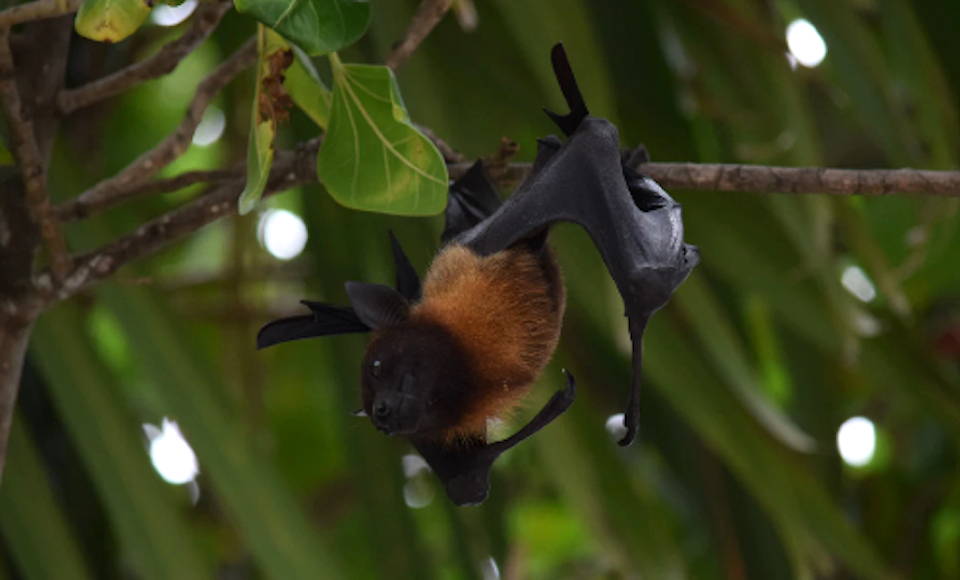
Zoonotic and Emerging Diseases
We conduct research that addresses high priority zoonotic and emerging diseases and include field and laboratory studies to understand the epidemiology and pathogenesis and economic impact to assist with prevention, control and response strategies.
Current research includes a range of bacterial, microbiological and viral diseases. Examples include coronaviruses, avian influenza, African Swine Fever, foot and mouth disease, brucellosis, rabies.

